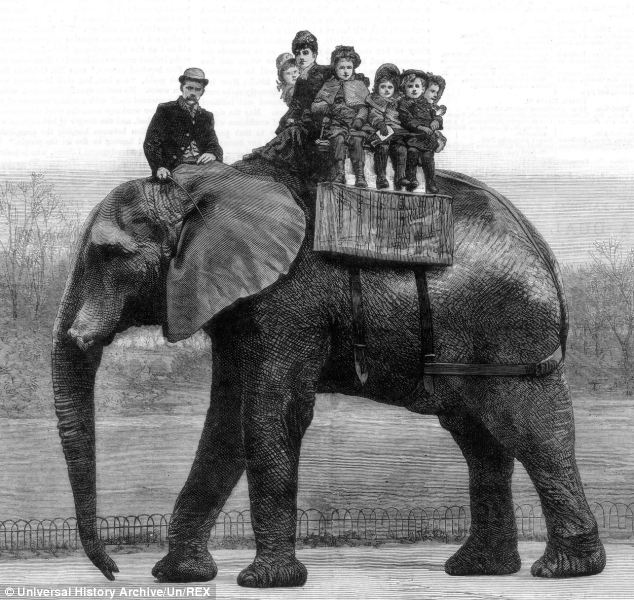Or, “Why It’s Unethical to Behave in Defiance of Reality.”
Or, “Why the old saw ‘the road to hell is paved with good intentions’ is constantly being affirmed.”
Or, “Why progressive wishcraft keeps blowing up in society’s metaphorical face”
Sanai Graden (left), a University of California at Berkeley senior (presumably you know what that means) was hit up by a homeless man as she visited Washington, D.C. He said his name was Alonzo, and told her he had just been diagnosed with prostate cancer. The sympathetic young woman paid for his medication at CVS. She also got him a hotel room for the night. Sanai was a TikToker , and told her followers that she needed to raise money for Alonzo, whom she called “Unc.” Soon she bought Alonzo, aka. “Unc,” a cell phone, and put him up in a hotel for a week.
Awwww. How Christian! How kind! How progressive!
Her video became a Tik Tok sensation, with millions of views. Graden started a GoFundMe account, and it quickly raised more than $400,000. Her legion of followers multiplied: one admirer set up a GoFundMe for her that eventually raised over $26,000.
Isn’t that a nice story?
Then a report from local D.C. TV station Fox 5 revealed that “Unc” was Alonzo Hebron, 64, a long-time criminal who numbered among his convictions one for a violent assault on a homeless woman. In another, he stabbed a man in the neck with a screwdriver. Donors started asking for their money back.








